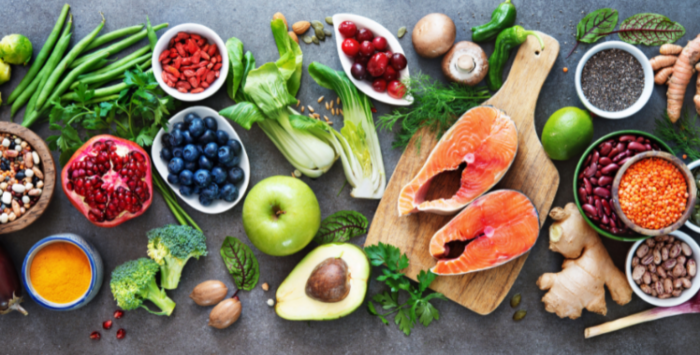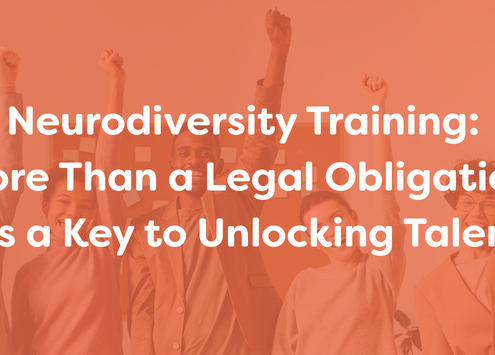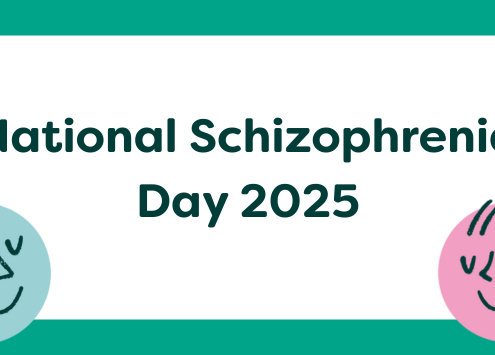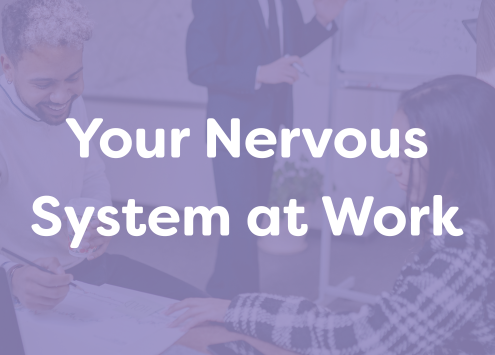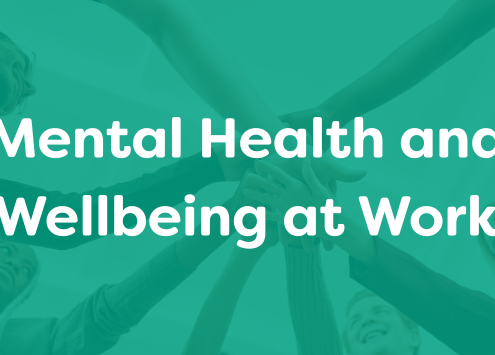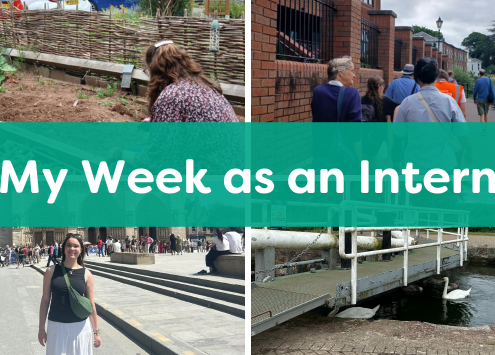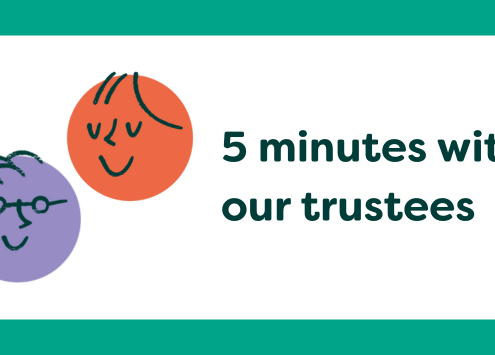 https://steponecharity.co.uk/wp-content/uploads/2026/02/Legacy-blog-2026.png
355
700
Isaac Mann
https://steponecharity.co.uk/wp-content/uploads/2024/02/step-one-wellbeing.svg
Isaac Mann2026-02-11 15:19:122026-02-11 15:34:31Leave a Legacy of Support: Make a Will Week 2026
https://steponecharity.co.uk/wp-content/uploads/2026/02/Legacy-blog-2026.png
355
700
Isaac Mann
https://steponecharity.co.uk/wp-content/uploads/2024/02/step-one-wellbeing.svg
Isaac Mann2026-02-11 15:19:122026-02-11 15:34:31Leave a Legacy of Support: Make a Will Week 2026How are food and mental health linked?
The relationship between our diet and our mental health is complex. What we eat and drink affects how we feel, think and behave.
There is no specific diet to treat depression but eating more of some foods and less or none of others can help manage your symptoms by improving your mood, giving you more energy and helping you to think more clearly.
For example, studies have found that healthy eating patterns, such as the Mediterranean diet (lots of veggies, seafood and herbs), are associated with better mental health than “unhealthy” eating patterns, such as the Western diet (processed meat, pre-packaged foods, high fat and dairy products).
What should I eat?
As well as eating your 5 a day (fruits and vegetables), you should also focus on the following to boost your mental health:
- Complex carbohydrates — this includes; brown rice and starchy, quinoa, millet, beets and sweet potatoes.
- Lean proteins — this includes; chicken, meat, fish, eggs, soybeans, nuts and seeds.
- Fatty acids — this includes; fish, meat, plant oils, eggs, nuts and flaxseeds.
If you’re stuck on how to achieve a healthy diet, the NHS website has more information in their Eatwell Guide.
Quick tips
- Eat breakfast! It’s important to get the day off to a good start.
- Try and eat smaller portions spaced out more regularly throughout the day.
- Avoid foods that make your blood sugar levels rise and fall rapidly, such as sweets, chocolate, biscuits, sugary drinks and alcohol.
- Stay hydrated! If you don’t drink enough fluid then you may find it difficult to concentrate or think clearly (drink at least 6-8 pints a day).
- Fresh, frozen and tinned fruits and vegetables all count towards your 5 a day!
- Try and cut down your caffeine intake.
Eating disorders
If you feel you’re using food as a negative coping mechanism to deal with emotional pain or difficult situations then you may have an eating disorder. If so, see a GP as soon as you can. A GP will ask about your eating habits and how you’re feeling, plus check your overall weight and health.
It can be very hard to admit to somebody that you are struggling so it may make things easier if you bring a friend or a family member along.
If you’re still too anxious to meet somebody face-to-face then you can always talk to an advisor over the phone from the eating disorder charity, Beat, by calling their adult helpline 0808 801 0677 or youth helpline 0808801 0711.
Source: 1 Firth J, Gandswisch J E, Borsini A, Wootton R E, Mayer E A. 2020. Food and mood: how do diet and nutrition affect mental wellbeing? BMJ (online)
